It will also ramp up delivery of offshore wind schemes hoping to produce 10GW more than previously planned.
But the long-awaited energy strategy falls short on strong measures to conserve energy with greater energy efficiency from the existing building stock.
The ambitious energy expansion would see 25% or up to 24 GW of UK electricity produced from nuclear power by 2050.
The Government aims to speed up planning, aiming on average to approve a scheme each year to 2030.
This would involve backing construction of the planned two reactors at Sizewell C in Suffolk as the next new scheme after the 3.2GW Hinkley Point project in Somerset.
Other sites mentioned as candidates for nuclear reactors include Wylfa in Anglesey and Oldbury in Gloucestershire.
Subject to technology readiness from industry, Small Modular Reactors will form a key part of the nuclear project pipeline.

The Rolls-Royce Small Modular Reactor (SMR) business includes BAM and Laing O’Rourke among its main supply chain partners.
A single Rolls-Royce SMR power station would occupy the footprint of two football pitches and power around one million homes.
For offshore wind energy, the Government has set a new ambition of up to 50GW by 2030 – more than enough to power every home in the UK.
Up to 5GW of this would be newly-engineered floating offshore wind farms in deeper seas.
The planned expansion will be underpinned by new planning reforms to cut the approval times for new offshore wind farms from four years to one year and an overall streamlining which will radically reduce the time it takes for new projects to reach construction stages while improving the environment.
Also the Government wants to increase the UK’s current 14GW of solar capacity which could grow up to 5 times by 2035, and has pledged to consult on the rules for solar projects, particularly on domestic and commercial rooftops.
It also doubles the UK’s ambition to up to 10GW of low carbon hydrogen production capacity by 2030, with at least half coming from green hydrogen and utilising excess offshore wind power to bring down costs.
Prime Minister, Boris Johnson, said: “We’re setting out bold plans to scale up and accelerate affordable, clean and secure energy made in Britain, for Britain – from new nuclear to offshore wind – in the decade ahead.
“This will reduce our dependence on power sources exposed to volatile international prices we cannot control, so we can enjoy greater energy self-sufficiency with cheaper bills.”





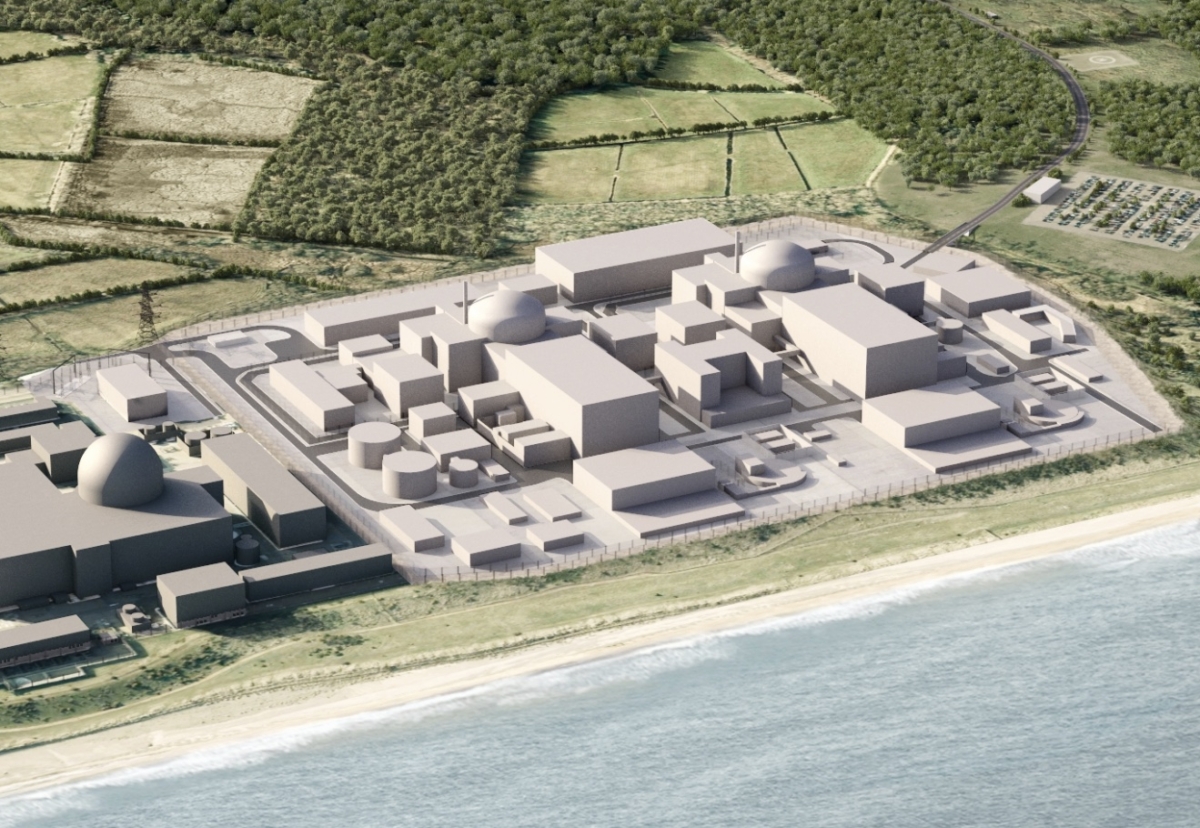










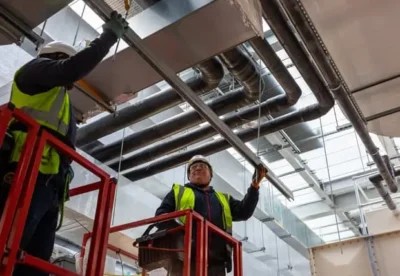


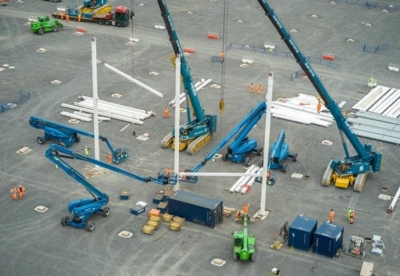




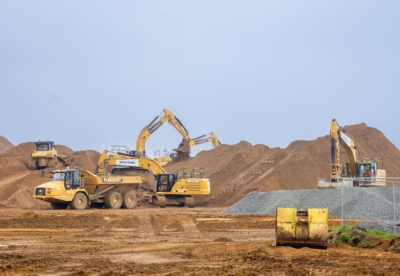
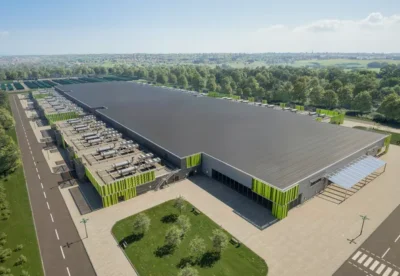






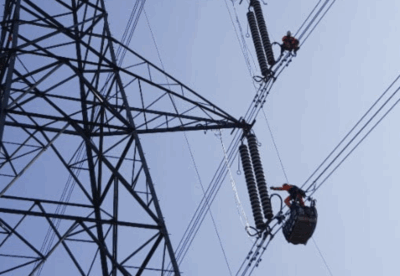


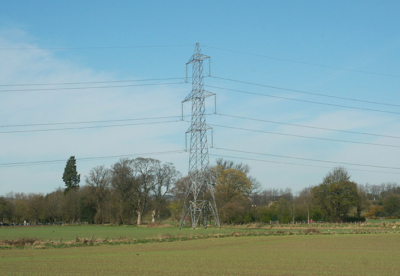




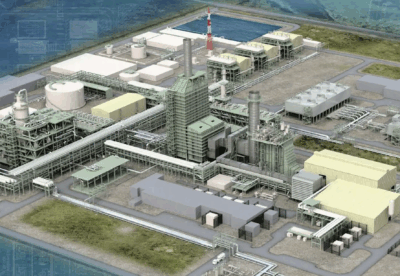




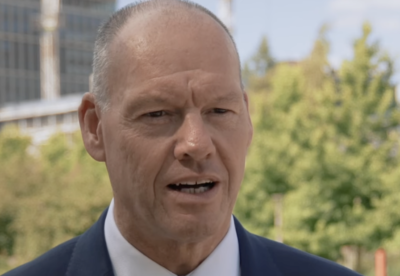



 (300 x 250 px) (2).png)





